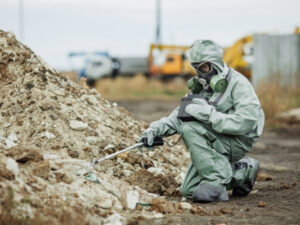This is the first installment of conversations about diversity, equity, and inclusion in recruitment and mentorship at academic cancer centers.
True, President Joe Biden is proposing the largest-ever funding increase for NIH, with a substantial percentage of funds going toward cancer.
The Advanced Research Projects Agency for Health, the centerpiece of the Biden Administration’s war on disease, is designed to be something much more than an ordinary federal bureaucracy.
President Joe Biden is requesting $52 billion in FY2022 for NIH—$9 billion above the enacted FY21 level—of which $6.5 billion is slated for the proposed Advanced Research Projects Agency for Health.
As American life returns to a semblance of normalcy, it may be time for President Biden’s administration to prioritize building a national digital health infrastructure.
NCI needs more funding to increase its low success rate of NCI-funded grant applications, David A. Tuveson said in testimony before the House Committee on Appropriations.
In his first address to a joint session of Congress April 28, President Joe Biden made a pitch for significantly increasing federal funding for biomedical research, especially cancer research—a cornerstone of his jobs plan.
The boundary between basic science and engineering has been the subject of animated discussions in cancer research for quite some time. Where does science end and engineering begin? Is that boundary porous? How does it shift over time?
In the early morning of April 30, 35 years ago, I was awakened by a call from Anatoly Dobrynin, a long-time Soviet Ambassador to the United States. He said General Secretary Mikhail Gorbachev wanted me to come to the Soviet Union to help treat victims of the Chernobyl nuclear power facility accident. I had cabled Gorbachev a few days earlier, offering my assistance.
President Joe Biden’s proposed Advanced Research Projects Agency-Health would be a welcome partner to NCI—particularly in conducting large, collaborative clinical investigations, NCI Director Ned Sharpless said.“I think having ARPA-H as part of the NIH is good for the NCI,” Sharpless said April 11 in his remarks at the annual meeting of the American Association for Cancer Research. “How this would fit with the ongoing efforts in cancer at the NCI is still something to work out.”















